-
×
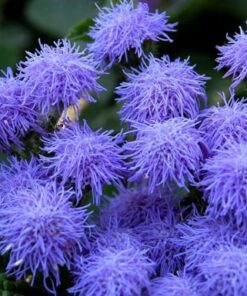 Ageretaum Seeds Mix pack of 30-40 seeds Open Pollinated
1 × ₹50.00
Ageretaum Seeds Mix pack of 30-40 seeds Open Pollinated
1 × ₹50.00 -
×
 Strawberry Seeds Alpine pack of 25-30 seeds
1 × ₹60.00
Strawberry Seeds Alpine pack of 25-30 seeds
1 × ₹60.00 -
×
 Aloe aculeata crousiana Succulent Pack of 10 seeds
1 × ₹199.00
Aloe aculeata crousiana Succulent Pack of 10 seeds
1 × ₹199.00 -
×
 Methi Seeds Fenugreek Seeds 100 seeds
1 × ₹40.00
Methi Seeds Fenugreek Seeds 100 seeds
1 × ₹40.00 -
×
 Spinach Seeds palak pack of 100 seeds
1 × ₹40.00
Spinach Seeds palak pack of 100 seeds
1 × ₹40.00 -
×
 Capsicum Yellow Seeds pack of 20 seeds
1 × ₹40.00
Capsicum Yellow Seeds pack of 20 seeds
1 × ₹40.00 -
×
 Dill Seeds pack of 25-30 seeds Open Pollinated
1 × ₹60.00
Dill Seeds pack of 25-30 seeds Open Pollinated
1 × ₹60.00 -
×
 Nasturtium Alaska Seeds Mix color pack of 15-20 seeds Open Pollinated
1 × ₹60.00
Nasturtium Alaska Seeds Mix color pack of 15-20 seeds Open Pollinated
1 × ₹60.00
Subtotal: ₹549.00

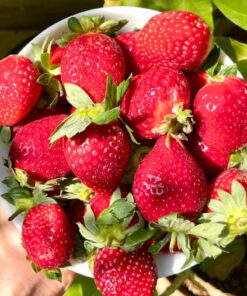 Strawberry Seeds Alpine pack of 25-30 seeds
Strawberry Seeds Alpine pack of 25-30 seeds  Aloe aculeata crousiana Succulent Pack of 10 seeds
Aloe aculeata crousiana Succulent Pack of 10 seeds 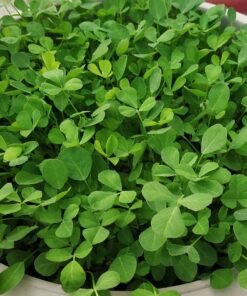 Methi Seeds Fenugreek Seeds 100 seeds
Methi Seeds Fenugreek Seeds 100 seeds  Spinach Seeds palak pack of 100 seeds
Spinach Seeds palak pack of 100 seeds 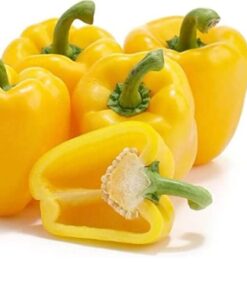 Capsicum Yellow Seeds pack of 20 seeds
Capsicum Yellow Seeds pack of 20 seeds 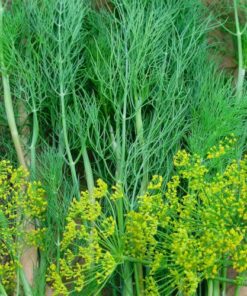 Dill Seeds pack of 25-30 seeds Open Pollinated
Dill Seeds pack of 25-30 seeds Open Pollinated 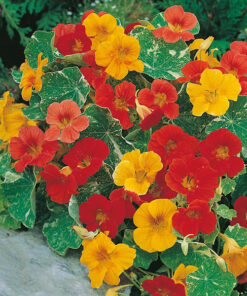 Nasturtium Alaska Seeds Mix color pack of 15-20 seeds Open Pollinated
Nasturtium Alaska Seeds Mix color pack of 15-20 seeds Open Pollinated 

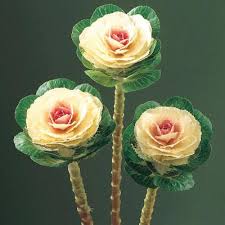
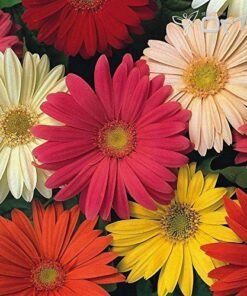


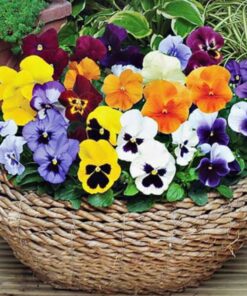
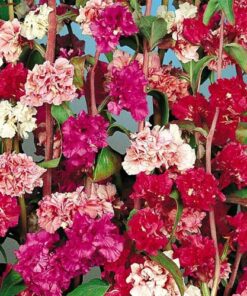
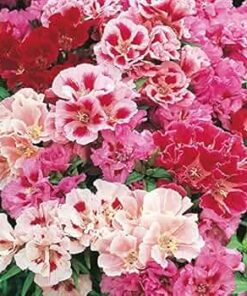
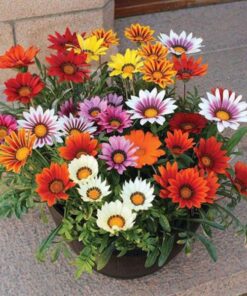
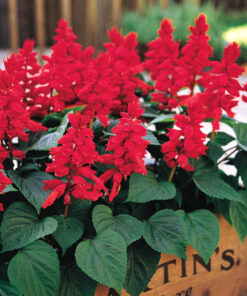
Reviews
There are no reviews yet.